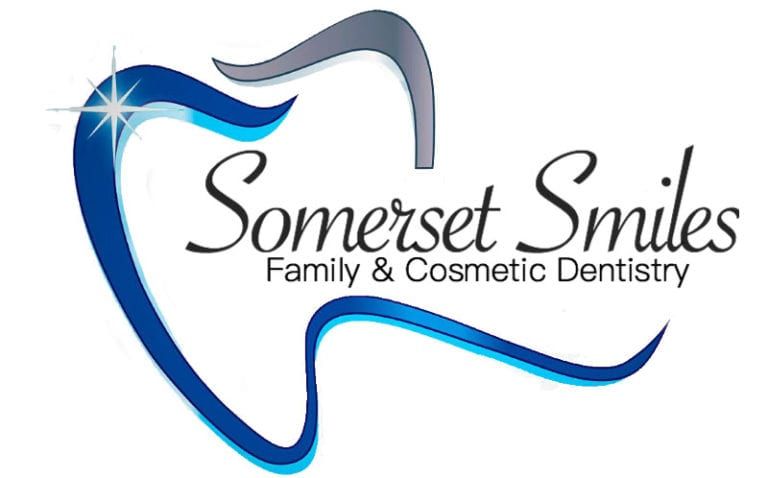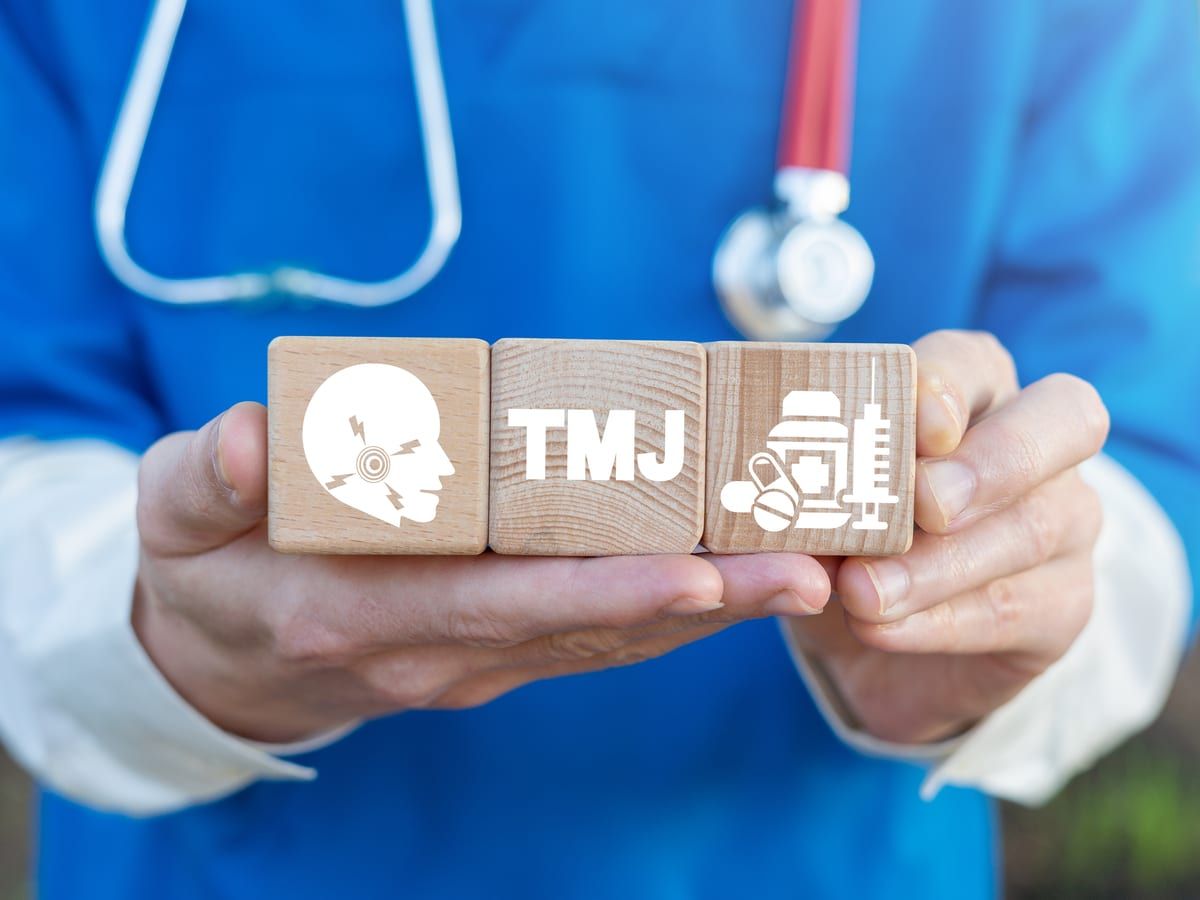TMJ, or Temporomandibular Joint Syndrome, is a condition that will affect many dental patients in their lifetime. The syndrome is typified by the occurrence of pain in the TMJ that connects the skull to the lower jaw. This joint is the anchor point for muscles that are responsible for chewing. Our team of experts can help patients like you tackle TMJ syndrome and experience relief from the symptoms associated with it.
How Do I Know if I’m Experiencing TMJ Syndrome?
Some of the most common symptoms of TMJ syndrome include ear pain, facial pain, neck pain, headaches, and clicking that occurs when moving the jaw, especially during chewing. Women tend to be affected by this condition at a higher instance rate than men.
What Are The Causes of Temporomandibular Joint Syndrome?
There are multiple factors that can result in the occurrence of this syndrome, including trauma, rheumatoid arthritis, and age-related concerns such as osteoarthritis. While the causes may differ, the results for the patient are the same, increasing pain in their TMJ.
- Trauma: The traumatic causes of TMJ Syndrome are divided into two categories, Micro and macrotrauma. Macrotrauma is caused by incidents that result in the breaking of the jaw, TMJ dislocation, or damage to the cartilage disc in the joint. Microtrauma is caused by repeated damage from behaviors like clenching the jaw and bruxism, or teeth grinding.
- Bruxism: Bruxism most often caused by stress or habit. Repeated clenching and grinding of the teeth can lead to additional wear and tear on the TMJ, ultimately resulting in this syndrome.
- Clenching: Chewing gum, biting fingernails, or chewing on a writing utensil can result in wear or tear on the TMJ as well. Stress is a common cause of clenched jaw as well.
- Osteoarthritis: The jaw undergoes arthritic changes in the same manner as any other joint in the body. The steady loss of cartilage, leading to pain in the joint, is caused by degenerative joint disease. The destruction of cartilage in the joint is not caused by one factor, but multiple ranging from immunologic, to age, to inflammation.
- Rheumatoid Arthritis: This condition can also lead to the destruction of cartilage and the ultimate erosion of the bone in the joint. This deformity of a joint can take place in the TMJ, resulting in TMJ Syndrome in the patient.

How Is Temporomandibular Joint Syndrome Treated?
Treating TMJ Syndrome is dependent on a number of factors, including the conditions that led to its initial occurrence. If the origin of the condition is muscular in nature, surgery isn’t a likely candidate for treatment. In most cases, conservative treatment will be selected first, as many of the conditions that lead to TMJ Syndrome can be addressed and eliminated. Surgical options and injections are rarely suggested as a first line of treatment, but it’s not unheard of.
In most patients, the symptoms are temporary and do not progress. Simple treatments that can be done at home are often sufficient to reverse the condition, though it’s possible for them to return without warning. Patients experiencing TMJ Syndrome related symptoms should speak to one of our dentists for consultation and treatment. Common treatment methods include the following:
- Eating Soft Foods – Choosing foods that are easy to chew can help your jaw rest and heal. Large, chewy, or crunchy foods should be avoided, while soft foods like mashed potatoes, soup, and yogurt are excellent options.
- Heat And Cold Therapy – The application of ice or heat help some patients with their symptoms. Application of heat or cold to the joint for ten minutes can help ease it, especially when combined with stretches.
- Medicine – NSAIDs such as Ibuprofen and Naproxen Sodium can be good choices to ease swelling and muscle pain. In some cases, muscle relaxers will be the appropriate choice, such as patients with bruxism or clenching concerns. Antianxiety medicine can ease stress to reduce behaviors that lead to these symptoms.
If you’ve been experiencing symptoms associated with TMJ Syndrome, pick up the phone and schedule a consultation with our office. Our team of experts will discuss your concerns, perform an examination, and help you come up with a course of treatment to beat TMJ Syndrome.


